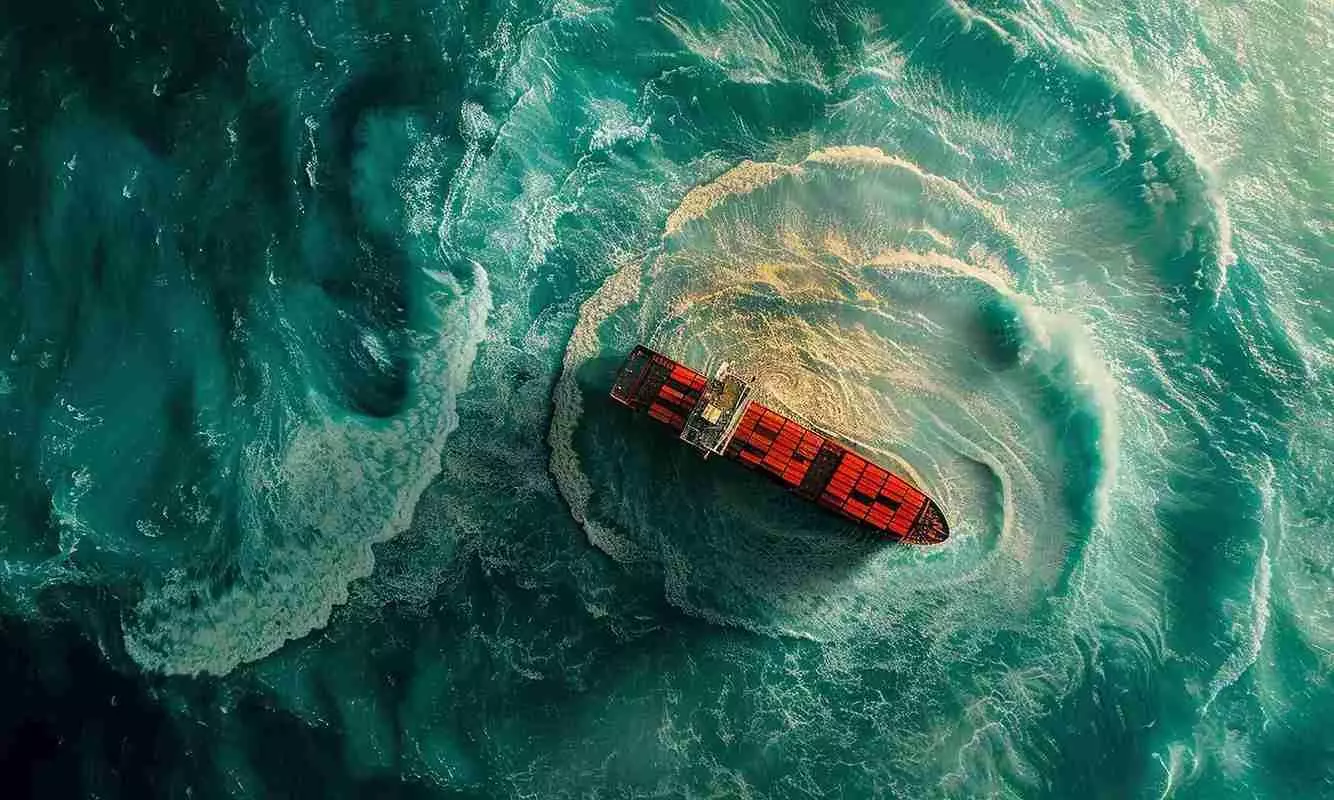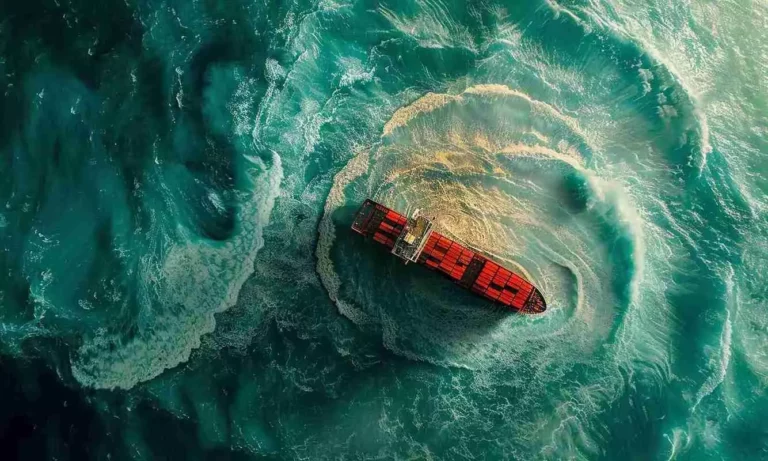Exporters Brace for Freight, Insurance Surge as Israel-Iran Conflict Worsens
The escalating conflict between Israel and Iran is beginning to affect global shipping and insurance markets, with Indian exporters experiencing a rise in spot insurance costs and preparing for a steep hike in freight charges. While trade has not come to a standstill, the situation is growing increasingly precarious for exporters who rely on the shipping corridors that are now under threat.

The Red Sea and the Strait of Hormuz are critical trade routes for India. Nearly 80% of India’s merchandise trade with Europe and more than a third of its total exports, including shipments to the United States, pass through the Red Sea. This corridor also accounts for around 30% of global container traffic and 12% of total world trade. The Strait of Hormuz is equally vital, carrying two-thirds of India’s crude oil imports and about 21% of global petroleum liquids.
Any disruption along these corridors would raise freight costs and put upward pressure on domestic fuel prices. A forced diversion via the Cape of Good Hope would add between 14 and 20 days to transit times, pushing up freight costs by as much as 50%, according to sector estimates.
Exporters, especially those shipping through high-risk zones, have begun to turn to spot insurance to manage new uncertainties. Unlike annual marine insurance policies, spot insurance provides coverage for a single shipment and is typically bought at short notice. Insurance platforms have reported rising demand from Indian exporters seeking short-term coverage for valuable consignments.
Before goods leave the port, exporters typically secure two kinds of coverage: marine hull insurance and marine cargo insurance. Hull insurance premiums are relatively low, while cargo insurance can be purchased as an annual blanket policy or spot cover for specific shipments. The insurance process involves selecting a policy type, submitting documentation, and receiving a premium calculation based on cargo value, route risk, and mode of transport.
One factor working in India’s favor is the relative neutrality of its merchant fleet. Indian- and Chinese-flagged vessels are perceived as less likely to be targeted in the Israel-Iran crossfire, potentially attracting lower war-risk premiums.
Exporters are watching the situation with growing unease, worrying that any fresh escalation could bring delays and increased costs. Many are concerned about navigating war exclusion clauses in standard insurance contracts, which often require separate war-risk coverage for conflict zones.
The longer the conflict continues, the greater the pressure on margins and delivery schedules, particularly for commodities like oil and basmati rice that move in large volumes through the affected zones.


